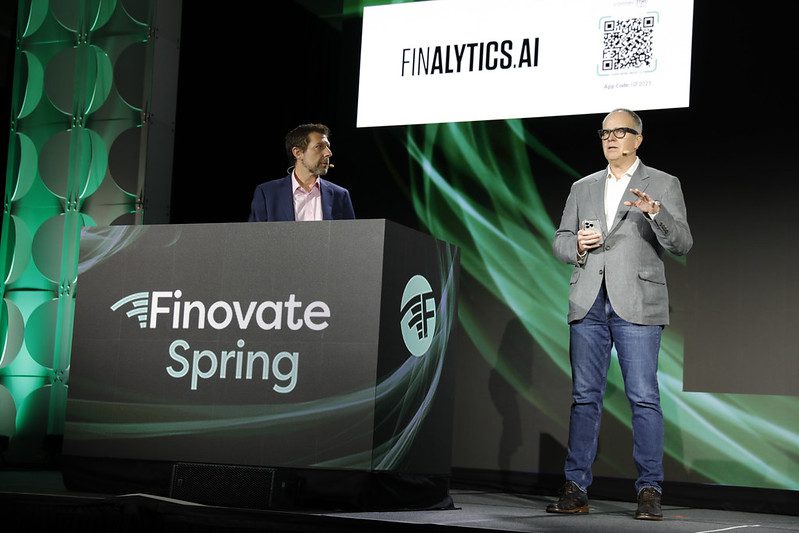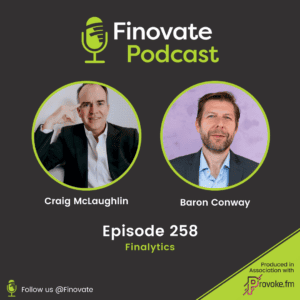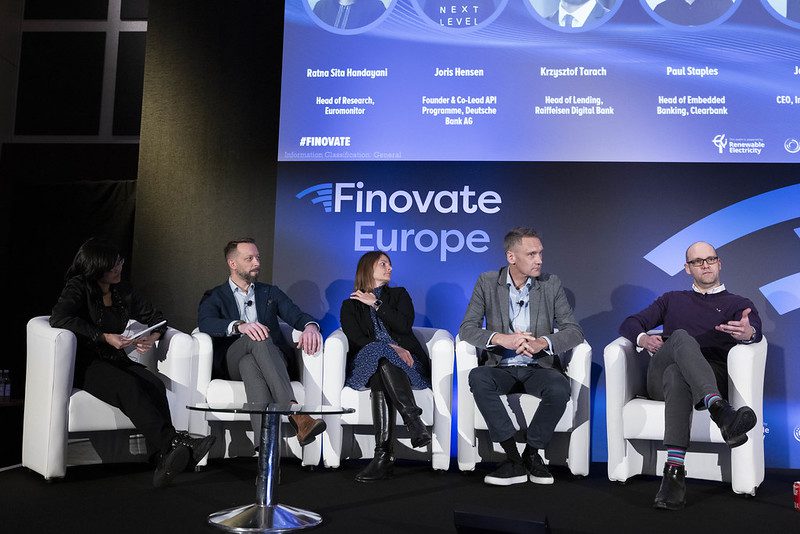
Artificial intelligence is reshaping every corner of the financial services world, and auditing is no exception. As firms look for smarter ways to manage repetitive, manual processes, AI-powered tools are stepping in to reduce risk, save time, and improve accuracy.
Filmed at FinovateSpring earlier this year, this Streamly video features Aman Kaur, Sales Director at DataSnipper, discussing how DataSnipper transforms how auditors work. Kaur shares how the company is helping audit teams evolve their workflows through embedded automation. By eliminating repetitive tasks like copying data, matching documents, and performing manual verifications, DataSnipper frees up auditors to focus on higher-value analysis, which results in a smarter, faster audit process.
“We’re seeing that finance and audit professionals are spending too much of their valuable time on very repetitive, very menial tasks,” said Kaur. “So our mission at DataSnipper is to resolve that with automation, and we want to meet them where they’re spending that time, which is in Excel. So we’re working in building tools that are going to help eliminate a lot of the repetitive work and give them time back to focus on more strategic work.”
Founded in 2017, DataSnipper is a smart automation platform built directly into Excel that helps auditors, finance teams, and consultants work more efficiently. The company’s AI-powered tools automatically match and extract data from supporting documents such as invoices, contracts, and bank statements to save time and reduce human error. Today, DataSnipper is used by over 500,000 professionals in 125+ countries, including the Big Four and top-tier audit firms around the world.
Aman Kaur brings experience in enterprise SaaS sales, working across industries to introduce transformative technologies. At DataSnipper, she focuses on helping audit and finance teams embrace automation and rethink what their workflows can look like.














